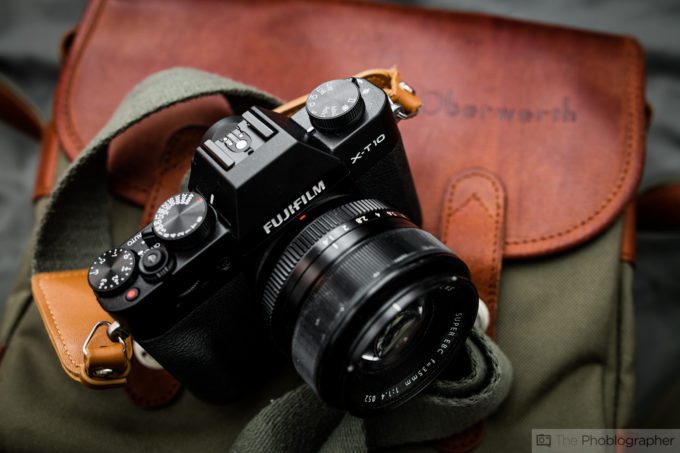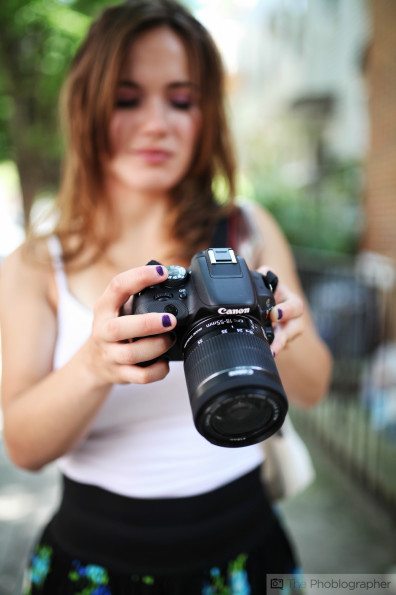
Oftentimes, friends and acquaintances will reach out to me with questions about cameras. They’re in the market for one, but they don’t know which one to get. After finding out their budget and their intended uses, I craft a list of suggestions, and send them on their merry way. These inquiries usually come from folks who aren’t photographers who don’t intend to be photographers, but they want a machine that produces good images and is easy to use. It’s safe to say that the number of non-photographers exceeds the number of photographers, and both have very different needs.
A recent post on Photography Life posited that the photo industry is in free fall. Cameras are too complicated for the majority of people who want simplicity. Mirrorless cameras could save the industry, but the are also too complex. The writer holds up the Nikon DF and Fujifilm X-T1 as examples of cameras that have too much with all their dials and functions, but he reveals that he is not a professional photographer. Rather, he’s been analyzing technology for the past 15 years, and according to him, it doesn’t look good for the photo industry: “Cameras sales are probably down because of their needless complexity.”
Camera sales may be down because the cameras are good enough that they last a considerable amount of time, though the cost of entry for new users can be prohibitively expensive depending on what they’re looking for. The X-T1 may look daunting, but if all you want to do is let the camera do most of the work, then just slide the dials to “A.” Even the Canon 1DX, a camera not built for non-professionals, has a Program mode. You have to know the camera a bit in order to get it, but it is there.
“Cameras aren’t doomed by virtue of their complexity. They’re probably doomed because they’re capable machines that last longer.”
Are photographers a “small but vocal minority” as the writer posits? Definitely. We’re outnumbered by the rest of the world, but it’s safe to say that not every camera is built for everyone. Anyone of any skill level can buy any camera they want, but the person who just wants a camera for casual shooting and travel won’t spring for a Nikon Df, Fujifilm X-T1 or a Canon 1DX. Someone who’s looking to get into photography, and wants to better understand the ins and outs will probably spring for the X-T1.
Cameras aren’t doomed by virtue of their complexity. They’re probably doomed because they’re capable machines that last longer. There isn’t always a need to upgrade and the strength of smartphones has eclipsed the need for bottom-of-the-barrel point-and-shoots. Why buy a cheap-o camera when your phone can do the trick? With a little know-how, even someone with very little photographic skill can take better pictures with their phone.
Part of the resistance to ostensibly more complex cameras may stem from the fact that they don’t produce results immediately. There’s a learning curve, and that’s what turns people off. The iPhone, or any phone really, is a one-click package, which means it does most of the work. While that can be great, it doesn’t always get it right, and while most smartphones have some manual control built-in, they’re not necessarily intuitive. One of the most frustrating experiences photographically, for me at least, is having to rely on a touch screen for manual control, which is why I shy away from certain cameras. Physical buttons and dials and are much better and much faster to use.
Camera companies recognize that the public is a mix of professionals and non-professionals, so they still include modes that expedite the process for those who can’t be bothered to learn. Cameras will always be accessible, but they shouldn’t be simplified at the expense of those who need manual control the most.


